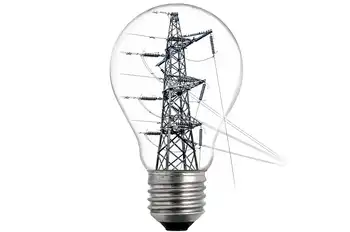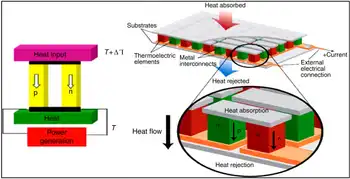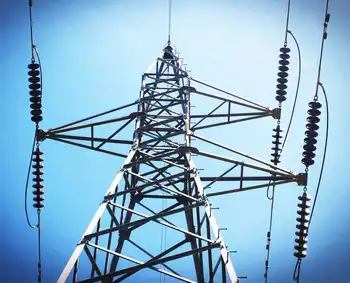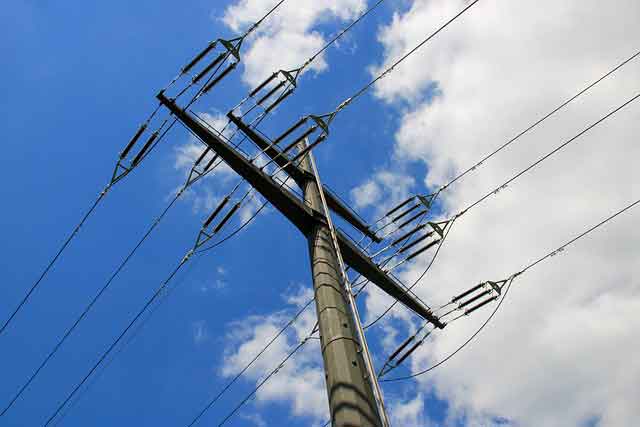Paying with a credit card is common in Utah, but elsewhere it's just catching on
So, too, does Rocky Mountain Power and Qwest Communications.
Outside the state, though, credit cards aren't always accepted by many electric, natural gas and other utilities. So much so that the credit card companies view utilities as the last major bastion against the near-universal acceptance of their product.
That appears about to change.
In the past year, a number of large natural gas and electric providers have begun allowing residential customers to pay their bills with credit and debit cards. Utilities are dropping their longstanding opposition to plastic as new competition looms in states that have deregulated the former monopolies. To help hang on to customers, the utility industry is searching for ways to make bill-paying faster and easier.
California's Pacific Gas & Electric Co., a unit of PG&E Corp., recently launched a pilot program in which it accepts Visa-branded credit, debit and prepaid cards (which are purchased with funds already loaded onto them) over the telephone and on its Web site.
In Michigan, Consumers Energy, a unit of CMS Energy Corp., recently began accepting Visa card payments, after hearing for years from customers clamoring for the service. Other big utilities to drop their barriers to plastic include Houston-based Reliant Energy Inc., FirstEnergy Corp. of Akron, Ohio, and Salt River Project, which provides electricity in Arizona.
The moves come at a time when consumers are paying more of their monthly bills with credit and debit cards.
Nearly 40 percent of U.S. households have at least one recurring monthly payment that is automatically linked to a credit card, according to MasterCard Inc. research. But only about 15 percent of consumers regularly pay their utility bills with a credit or debit card, according to the data.
The credit card-payment option can result in added costs for some consumers.
Questar Gas and Rocky Mountain Power use a third-party processor to handle credit card payments. The result is that their customers pay an additional $2.50 to $2.95 processing fee when paying by credit card.
"We started accepting credit cards initially to help our customers who had received shut-off notices and had no other way to pay," Questar Gas spokesman Darren Shepherd said. "But as more and more of our customers found out about that option, the number of people paying by credit card skyrocketed."
Yet that also caused a problem for Questar. "We weren't allowed to recover all of our processing costs and expenses in rates, so we had to go to an outside company to handle the payments."
It is a common problem.
''Utilities tell us that they can't justify raising their rates in order to accept our cards,'' said Jim Eitler, vice president of merchant relations at Visa USA Inc.
And there is another pitfall for consumers who use their credit cards, said George Feld, a Consumers Energy customer in Bloomfield Hills, Mich. "If you pay with a credit card and don't pay off your balance, you'll wind up paying interest on your utilities."
One way consumers can avoid that risk is to pay by debit card, which draws money directly from a checking account.
In recent years, payment cards have made inroads into new markets, including fast-food chains, grocery stores and local dry cleaners. Industry data have repeatedly shown that Americans now use plastic more often than checks and cash. But the utility industry, which collects $180 billion in payments each year, has been particularly challenging for the card companies to penetrate.
Part of the difficulty has been in convincing utility executives that cards are worthwhile.
The card companies typically promote the use of plastic by telling merchants that consumers who use cards often spend more than cash-paying customers. That argument doesn't work for utilities, as people don't buy more power when they pay their bills with a credit card.
What's more, accepting payments by plastic can be expensive for merchants who must pay fees to the card-issuing financial institutions, buy new equipment and maintain strict security standards. While many merchants can pass on some of those costs by incorporating them into the prices of the goods they sell, utilities typically need permission from regulators to raise rates.
To overcome those hurdles, Visa and MasterCard are courting utilities with lower fees. Under a plan introduced by Visa last year, utilities pay a flat 75 cents for any debit-card or credit-card transaction. At Consumers Energy, where the average monthly bill is about $200, that works out to 0.375 percent. By comparison, a gas station pays 0.7 percent plus 17 cents for each Visa debit-card purchase, and more than twice that amount when a Visa credit card is used.
Questar said it is exploring opportunities that could help reduce the cost of accepting credit cards for the company and its customers.
Related News

BC Hydro: 2021 was a record-breaking year for electricity demand
VANCOUVER - From June’s heat dome to December’s extreme cold, 2021 was a record-setting year, according to BC Hydro.
On Friday, the energy company released a new report on electricity demand, and how extreme temperatures over extended periods of time led to record peak loads.
“We use peak loads to describe the electricity demand in the province during the highest load hour of each day,” Kyle Donaldson, BC Hydro spokesperson, said in a media release.
“With the heat dome in the summer and the sustained cold temperatures in December, we saw more record-breaking hours on more days last year than any other single…




